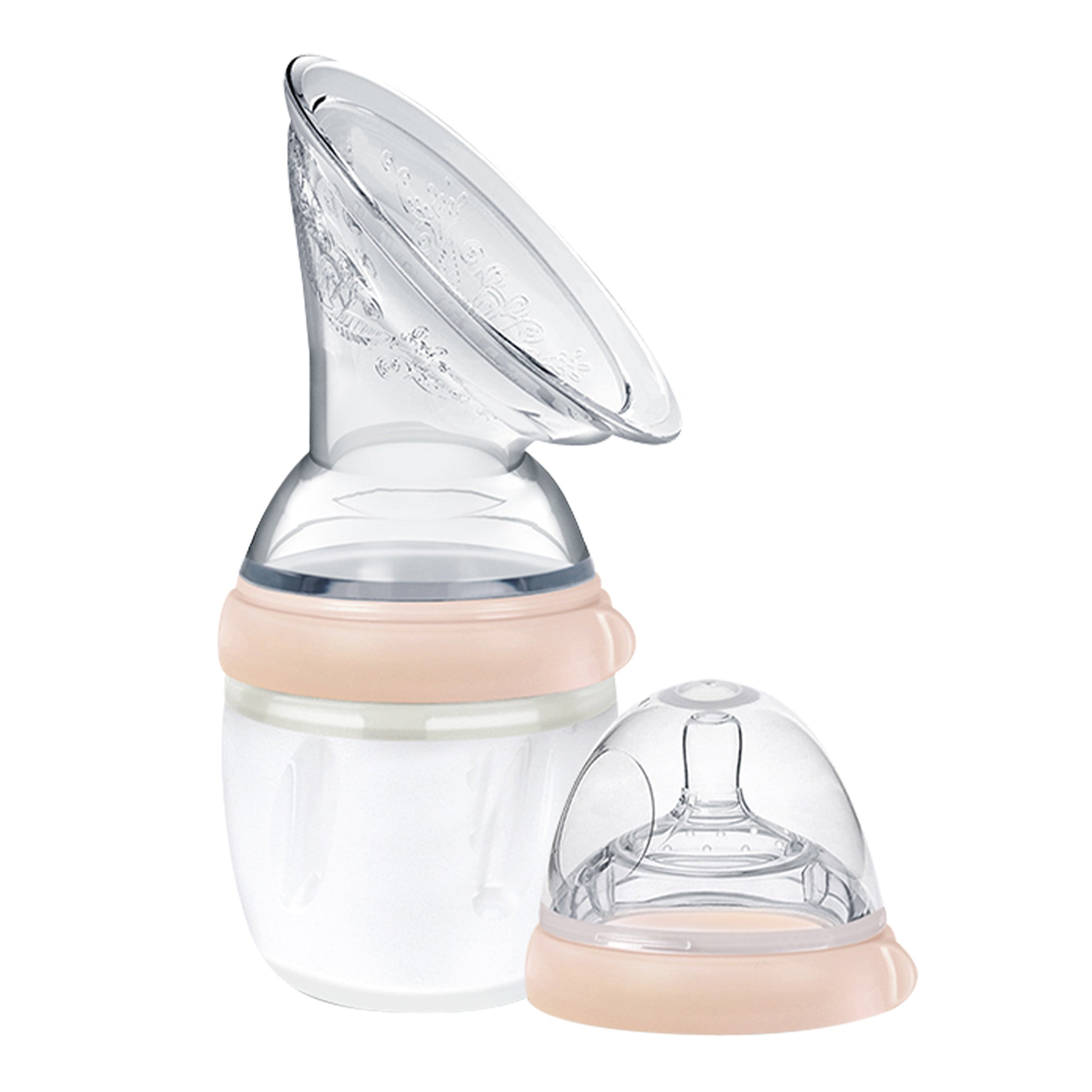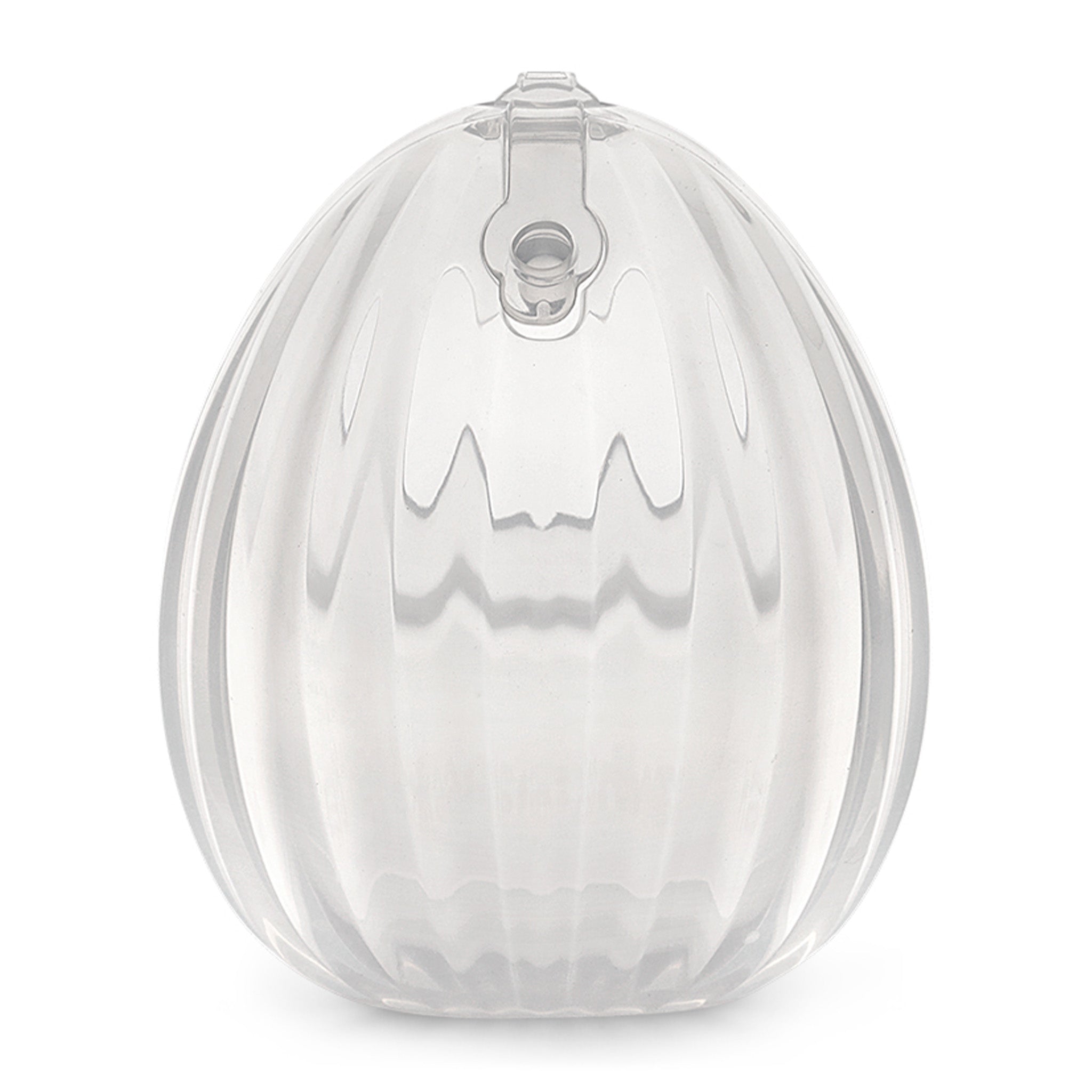Bringing a new baby into the world is a joyous occasion, but it can also come with challenges, one of which is the infamous colic. This mysterious, often distressing condition can leave parents feeling helpless and frustrated.
Understanding Colic: What is Colic?
Colic is a term to describe severe, often fluctuating pain in the abdomen caused by gas or obstruction in the intestines. In infants, however, colic is a bit different. Pediatricians typically diagnose colic when a healthy, well-fed baby cries for more than three hours a day, three days a week, for at least three weeks. It's not a disease or a diagnosis, but rather a collection of symptoms.
Recognising the Symptoms: Clues in Your Baby's Behaviour
- Intense Crying Episodes: One of the hallmark signs of colic is prolonged and intense crying, often occurring in the late afternoon or evening. This crying can seem inconsolable, leaving parents feeling helpless.
- Fussiness and Irritability: Colicky babies may display increased fussiness and irritability between episodes of intense crying, making it challenging for both the baby and the parents.
- Arched Back and Clenched Fists: During a colic episode, babies might arch their backs, clench their fists, and display other signs of discomfort.
Common Colic Triggers
- Gastrointestinal Issues: Some experts believe that colic may be related to gastrointestinal discomfort, such as gas or indigestion. However, the exact cause remains unclear.
- Overstimulation: Colicky babies may be more sensitive to their surroundings and easily overstimulated, contributing to their fussiness.
- Feeding Difficulties: Breastfeeding or formula-related issues, such as an improper latch or intolerance to certain ingredients, can contribute to colic symptoms.
When to Suspect Colic: Age and Onset Patterns
Colic typically makes its debut when babies are between two weeks and four months old. If your baby exhibits the classic symptoms and the crying persists beyond the first few months, it's essential to consult with your pediatrician to rule out other potential health issues.
Colic or Something Else? Differentiating Between Conditions
-
Reflux vs. Colic: Gastroesophageal reflux (GER) can sometimes be mistaken for colic due to the spitting up and discomfort associated with both conditions. However, reflux symptoms often include frequent spitting up, coughing, and difficulty swallowing.
-
Cow's Milk Allergy: In some cases, colic-like symptoms can be attributed to a cow's milk protein allergy. If you're breastfeeding, your baby may be reacting to proteins in your diet.
Listening to the Cries: How Vocalisation Patterns Can Signal Colic
-
Painful, High-Pitched Cries: Colicky cries are often described as more intense, higher-pitched, and more desperate than regular cries. Learning to distinguish between different cries can be helpful for parents.
-
Cycles of Crying: Colic tends to follow a pattern, with episodes occurring around the same time each day. Understanding these cycles can provide insights into your baby's distress.
Tracking Colic Episodes: Patterns and Frequency
Keeping a diary of your baby's feeding, sleeping, and crying patterns can help identify colic episodes. Note the time of day, duration, and any potential triggers or patterns. This information can be invaluable when discussing your baby's symptoms with a healthcare professional.
Seeking Professional Guidance: Consulting with Your Pediatrician
If you suspect that your baby has colic, it's crucial to consult with your pediatrician. Rule out any underlying medical conditions and work together to create a plan for managing your baby's symptoms.
-
Medical Examination: Your pediatrician will conduct a thorough examination, checking for signs of other medical issues that may be contributing to your baby's discomfort.
-
Feeding Assessment: If breastfeeding, your pediatrician may evaluate your baby's latch and feeding techniques. For formula-fed babies, they may explore potential formula-related issues.
Comfort Measures: Soothing Techniques for a Colicky Baby
-
Gentle Motion: Many colicky babies find relief in rhythmic motion, such as rocking, swaying, or gentle bouncing. Consider using a baby swing or carrier.
-
White Noise: Background noise, such as a white noise machine or calming music, can help drown out external stimuli and provide a soothing environment.
-
Warm Baths: A warm bath can be a calming experience for both you and your baby. The warm water may help relax tense muscles and alleviate discomfort.
Colic and Feeding: Exploring the Relationship
-
Feeding Positions: Experiment with different breastfeeding or bottle-feeding positions to ensure optimal comfort for your baby.
-
Burping Techniques: Proper burping techniques can help release trapped gas, potentially reducing discomfort.
Tips for Parents: Coping Strategies During Colic Episodes
-
Take Breaks: It's essential for parents to take breaks when feeling overwhelmed. Ask for help from friends, family, or a partner to share the caregiving responsibilities.
-
Stay Calm: Remember that colic is temporary- its not the fault of your baby or yourself. Staying calm during episodes can help reassure your baby and prevent additional stress.
Sleeping Through Colic: Establishing Bedtime Routines
-
Consistent Bedtime Routine: Establishing a consistent bedtime routine can create a calming environment for your baby.
-
Create a Comfortable Sleep Space: Ensure that your baby's sleep space is conducive to rest, with a comfortable mattress and appropriate sleepwear.
Colic and Family Dynamics: Navigating the Impact on Parents
-
Open Communication: Communicate openly with your partner about the challenges you're facing. Sharing responsibilities can help both parents manage the stress of caring for a colicky baby.
-
Support Systems: Seek support from friends, family, or parenting groups. Connecting with others who have experienced colic can provide valuable insights and emotional support.
When Colic Resolves: Signs of Improvement and Relief
-
Gradual Improvement: Colic typically resolves on its own by the time a baby reaches three to four months of age. You may notice a gradual reduction in symptoms.
-
Celebrating Milestones: As your baby starts to outgrow colic, celebrate developmental milestones and cherish the moments of calm and contentment.
Support Systems: Connecting with Other Parents Going Through Colic
-
Parenting Groups: Join local or online parenting groups where you can connect with other parents who have experienced or are currently dealing with colic.
-
Share Experiences: Sharing your own experiences and hearing from others can provide a sense of community and reassurance that you're not alone in navigating colic.
Holistic Approaches: Natural Remedies for Colic Relief
Herbal Teas: Some parents find relief in offering their baby gentle herbal teas to soothe digestive discomfort.

















